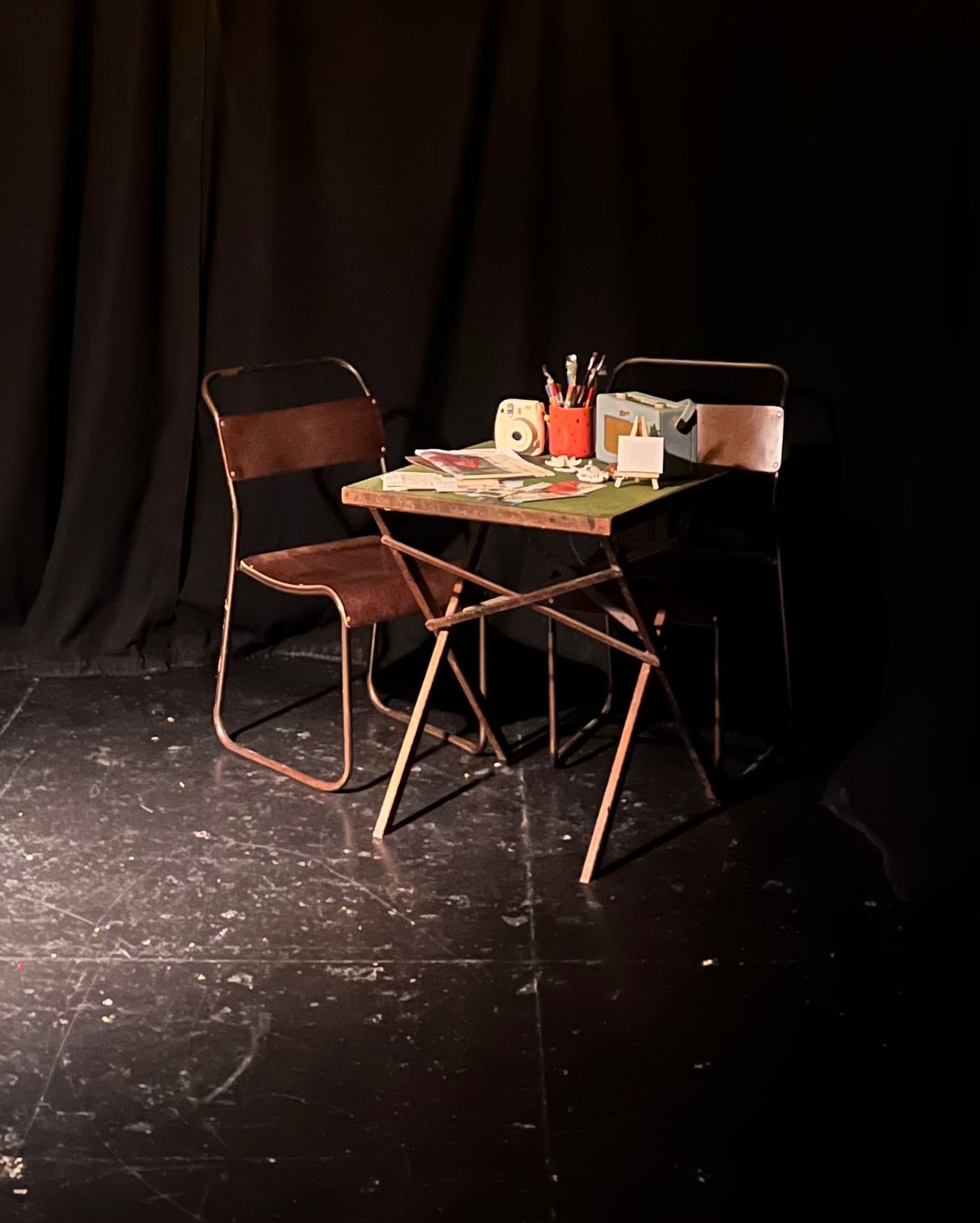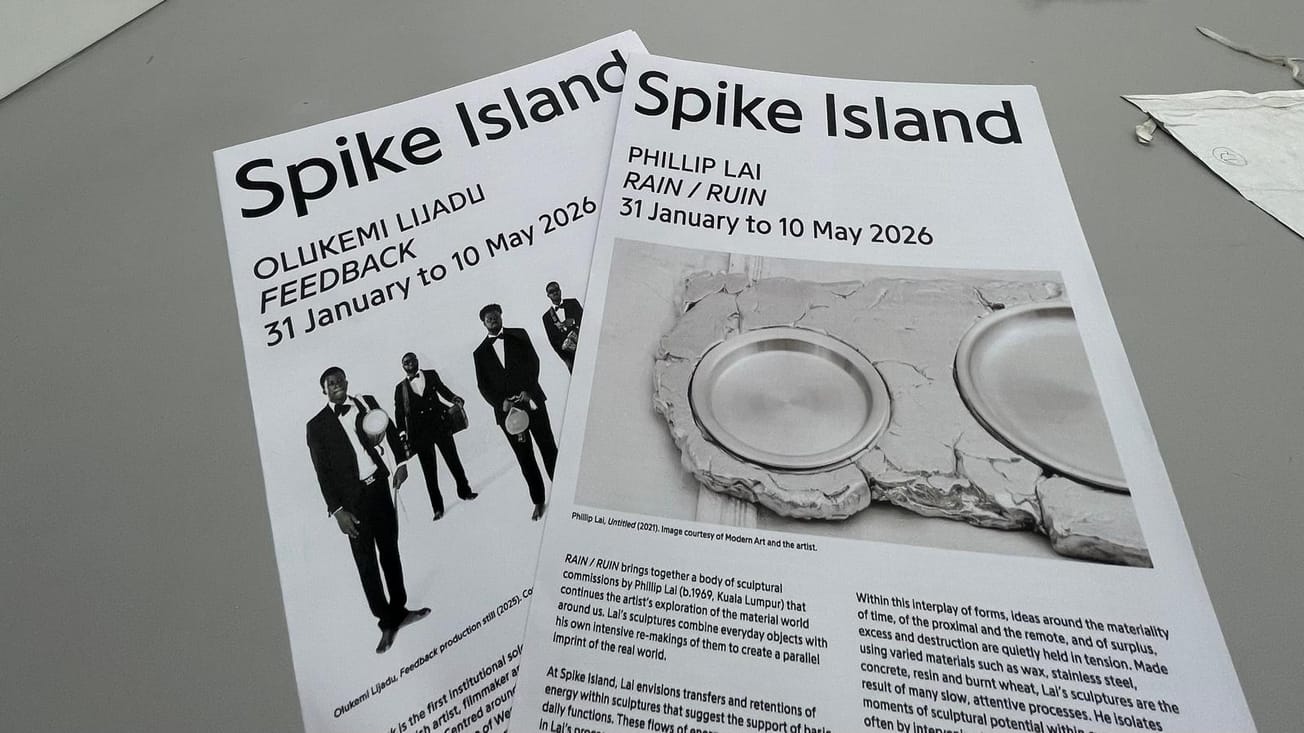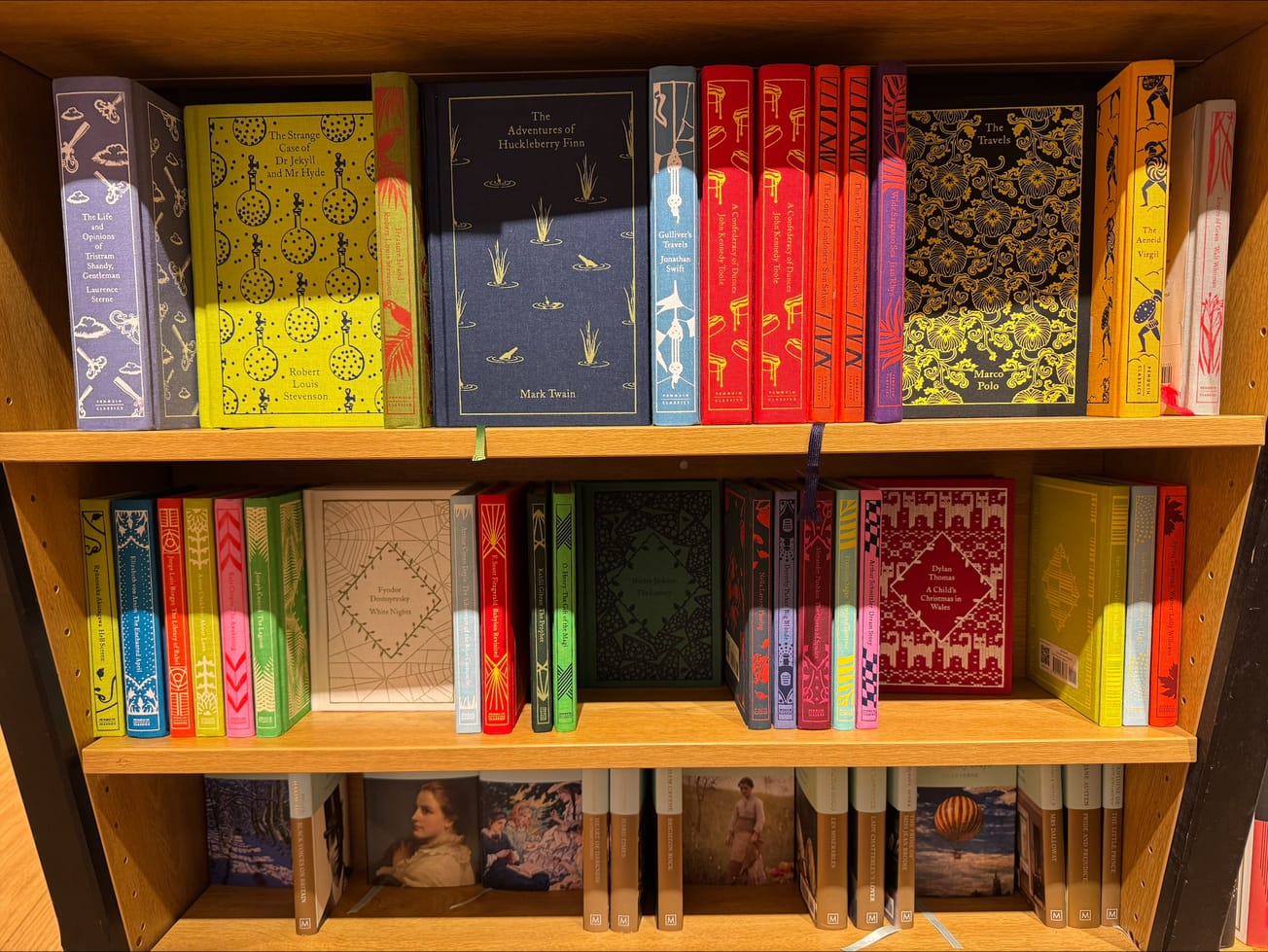By Nicole Quy, The Croft Co-Editor in Chief
Bursting with nostalgia, infectious joy, and an uncanny combination of the at once highly unique yet strangely familiar, Mia Steven's touching collection of poignant snippets of life and eclectic characters takes deep rooted abstract feelings and makes them tangible.
Sonder: "The profound feeling of realising that everyone, including strangers passing in the street, has a life as complex as one's own, which they are constantly living despite one's personal lack of awareness of it." If the parallels between the title of Mia's play and the introspection one experiences as an audience member are to be used as calibration for success, then there is very little doubt that Sonder, Upon Sea and Shore is triumphant. Epitomised perhaps in the opening dialogue of the unconventional collector Alun, whose charm is expertly channelled by Joe Hayward, there is something fascinating and inexplicably humbling about being let into the lives of those who otherwise remain strangers.
For by no means are the characters who grace Llandudno Pier in any way dull, and the diverse range of personalities seemed to spark a familiarity in which one can't help but feel as though they know the people being presented in front of them. Indeed, though not directly inspired by specific people she knows, Mia's characters, as she puts it, are "collections of the little things that people say and do. They're an amalgamation of the people in my life and the things that I think about or are on my mind". Madge and Tim, an endearing elderly couple whose idiosyncrasies are expertly crafted and showcased by Leila Entwistle and Oshi Hopson, exmplify this; their dialogue, Mia says, reminiscent of things your nan might say. Perhaps this is why there seemed such a warm reception from the audience to each character, as though seeing a scene from their own family holiday, 21st birthday party with friends, or watching their well intentioned, but perhaps a little confused, older relatives discuss the "process of becoming a lesbian".
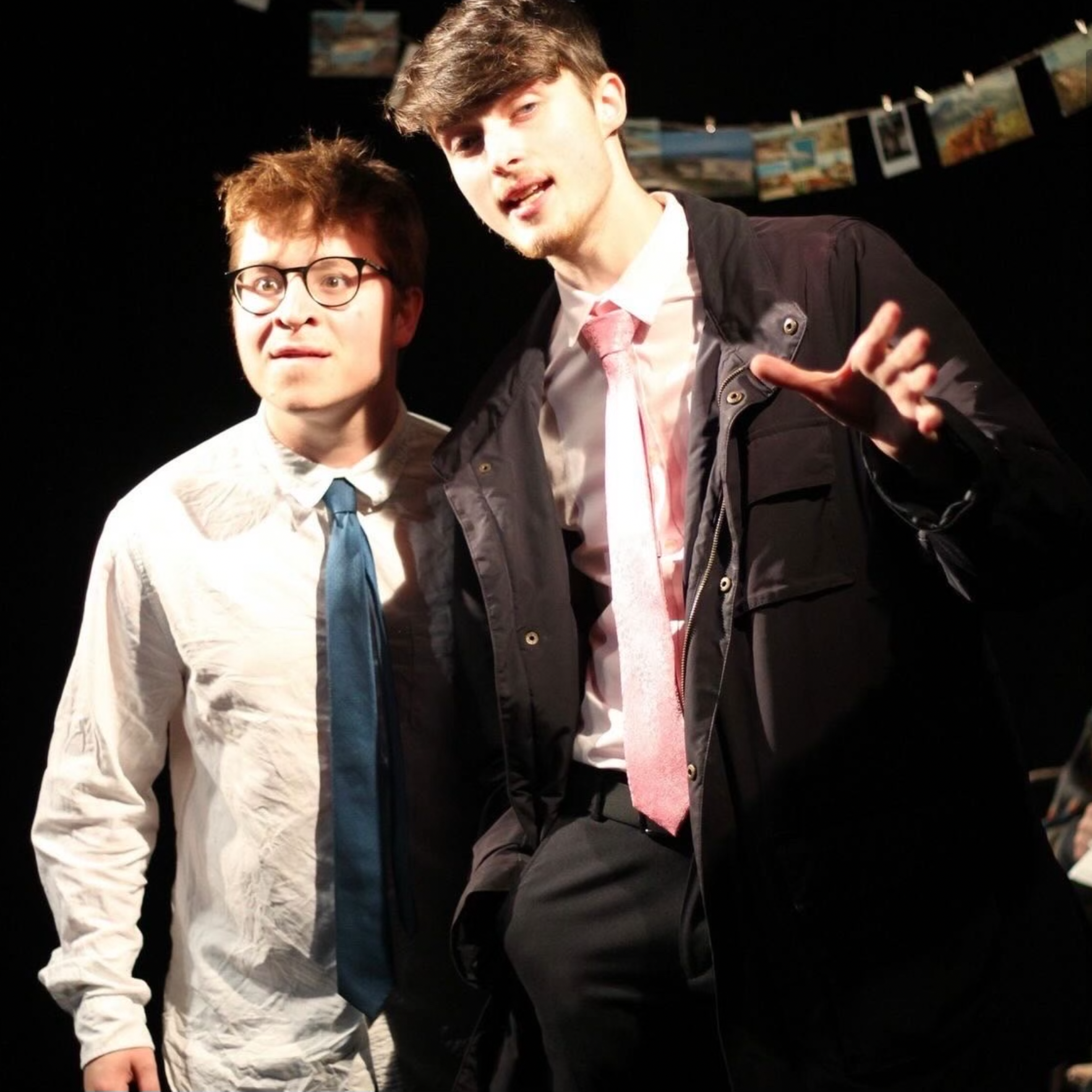
And credit must also be paid to the direction here, and to Co-director Chris Leonard and Producer Olivia Tetlow, for the use of set, lighting and sound are invaluable to the sentiment evoked in each scene, whether joyous or melancholy. In the interval, audience members could be heard discussing their own recollections conjured by the jovial, slightly kitsch, seaside music overture. "This reminds me of being a kid on my summer holidays.", remarked one viewer, to which her neighbour responded, "Me too, did you ever visit Cornwall? We used to go all the time", thus beginning a conversation around the recollection of memories that could have perfectly slotted into the sequence of events on stage. There was something unanimously relatable about the adaptation of Llandudno Pier, even for those who have never visited.
Mia noted that this was her first time crafting a longer narrative, and attributes the episodic nature of her play to the advtange of writing in fragments. This is by no means a setback; the structure of the piece lends itself perfectly to the themes and tone it strives to convey, piecing together small insights into the lives of strangers to encourage an intrigue in the unknown and a sense of empathy, or at the very least an interest, in the lives of others.
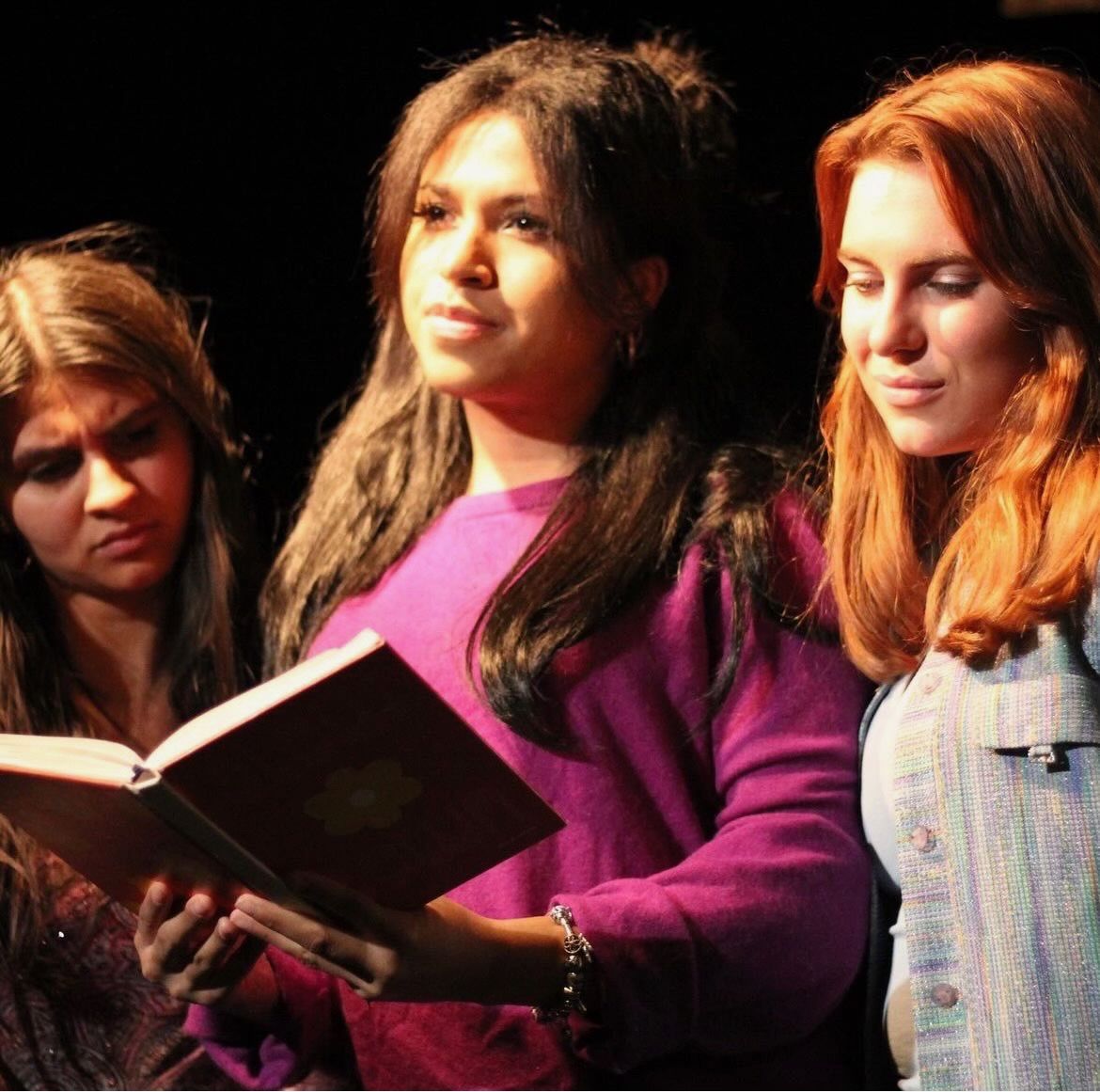
Most notably, there is an overwhelming sense of optimism and gratitude that accompanies the play; one may very well struggle to keep eyes dry and hairs flat as they see Sally, a loveable, warm, 22 year old graduate brought to life with an admirable vigour by Flossie Ure , bound across the stage in uninhibited ecstasy to the outro of Abba's invigorating Chiquitita. Likewise, it is simultaneously endearing and heart-wrenching listen to Alice muse about the conventions of her evenings by the fire with her wife. It's hard to miss, but this play, echoed in the dialogue of the characters themselves, is about celebrating all the simple but beautiful moments that characterise a life. Carefully coaxing an emotional connection to these characters, Act 2 then takes its audience through a powerful shift in tone, exploring a more melancholic side to the appreciation of life, reminding them of its fragility and necessarily finite nature. Mia's beautifully written monologues really carry here; expect to be introspective.
The entire crew do an incredible job of showcasing highly unique and developed snippets and seamlessly bringing these together in a mosaic, to borrow from Mia's own analogy. There is an undeniable celebration of life in all its forms, and the quirks of those who grace it. As Co-director Chris puts it, the play is about the perseverance of a community, and this is certainly demonstrated, but more than this. As a viewer, the play encourages one to look beyond a familiar community, and a little closer at engravings on a plaque, words on a postcard or notes in a mollusk.
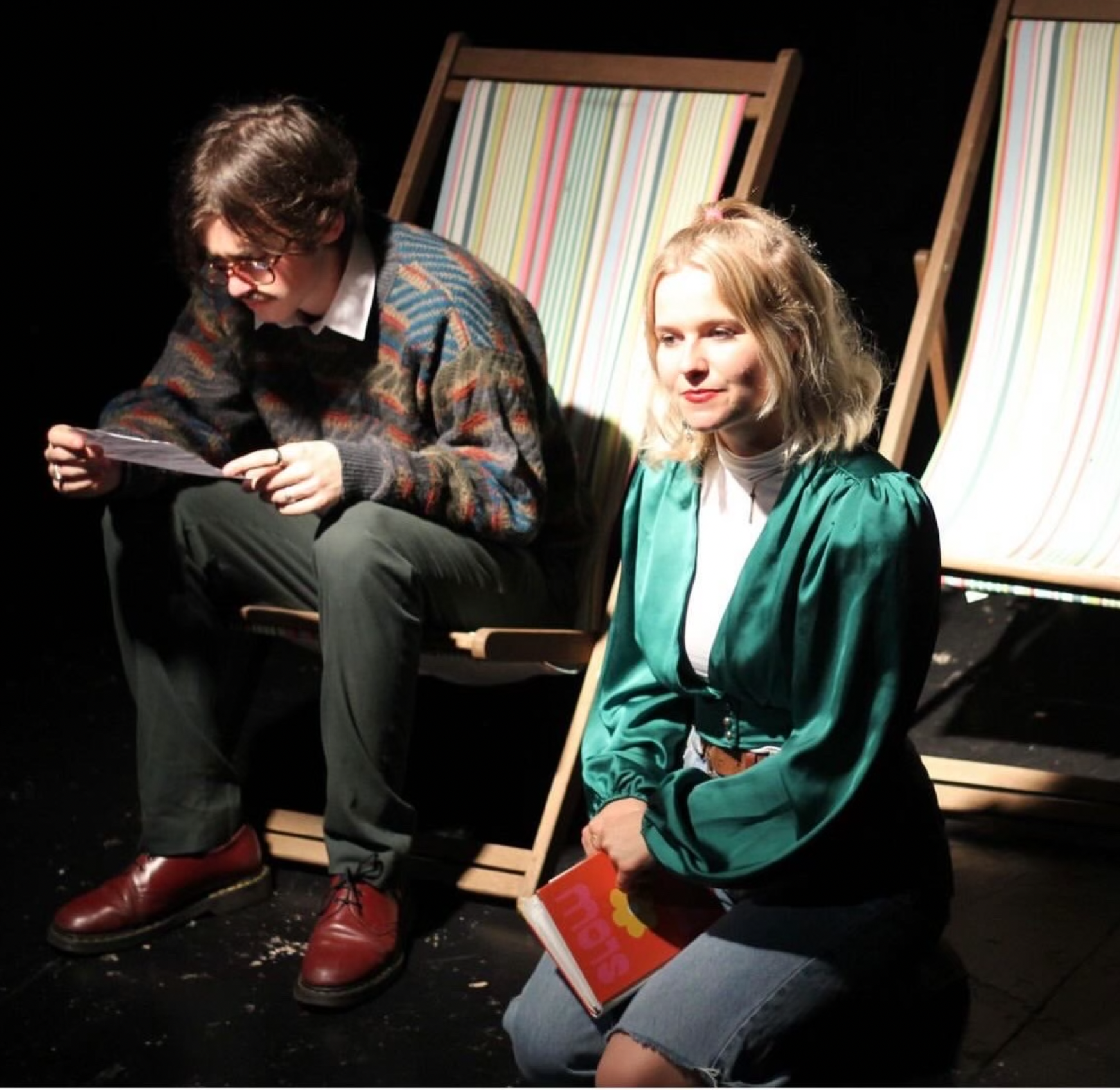
Tickets for the evening performance of Wednesday 23rd of November have now sold out, but you can still access tickets to the matinee performance for this afternoon via the following link, don't miss out!
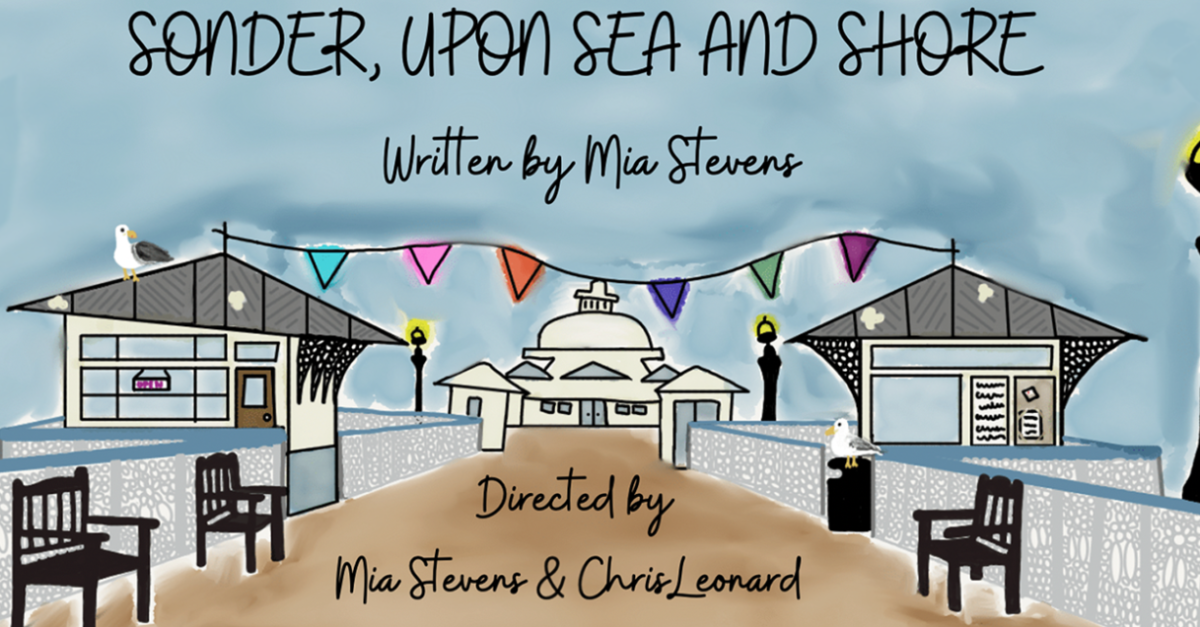
Featured Image : Nicole Quy

